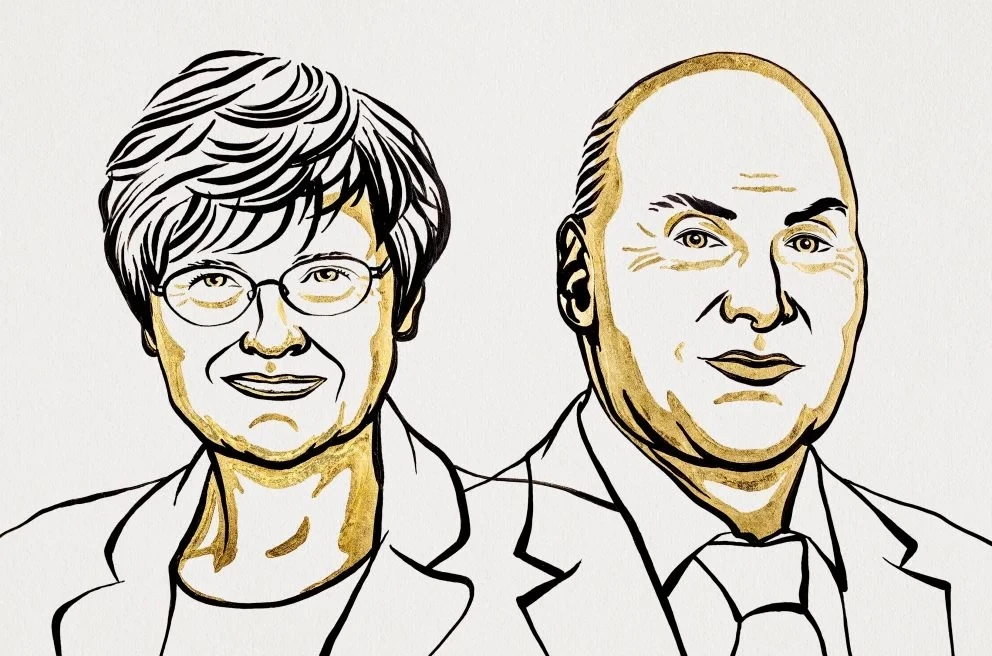The 2023 Nobel Prize in Physiology or Medicine has been awarded to biochemist Katalin Karikó and immunologist Drew Weissman for discoveries that enabled the development of mRNA vaccines against COVID-19.
Much of the world learned of mRNA during the COVID pandemic, when the rapid development of vaccines by Pfizer and Moderna seemed to come out of nowhere. But of course, that was actually the culmination of decades of work by scientists including Karikó and Weissman.
In mammalian cells, instructions for which proteins to produce are transferred from DNA into mRNA. Realizing this, scientists began to wonder if this mechanism could be used therapeutically, to coax cells to produce beneficial proteins on demand. After the technology to create mRNA outside of cells was developed in the 1980s, Karikó and Weissman teamed up in the 1990s to tackle the difficult problem of therapeutic mRNA.
One of the main issues was that artificial mRNA triggered severe immune reactions in test animals, while mRNA derived from mammal cells didn’t. The team investigated the differences between the two, and found that natural base modifications that occur in living cells tamp down immune responses. In later studies, Karikó and Weissman showed that base modifications not only reduced inflammatory responses, but also led to increased protein production compared to unmodified mRNA.

Through the 2010s, research into using mRNA technology in vaccines progressed steadily, ahead of the outbreak of the COVID-19 pandemic in 2020. With the groundwork laid, mRNA vaccines to target SARS-CoV-2 could be developed in record time, with two vaccines based on the technology developed and approved for use within a year. These vaccines are estimated to have saved millions of lives, and prevented severe disease and complications in even more people. Better yet, the technology can be adapted to target other diseases, with many already in development.
This year’s Nobel Prize in Physiology or Medicine recognizes the key role that Katalin Karikó and Drew Weissman played in this scenario with their fundamental research.
The Nobel Prizes in Physics and Chemistry will be announced through this week.
Source: Nobel Prize




